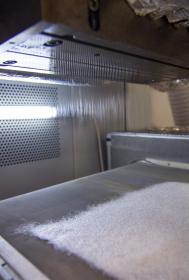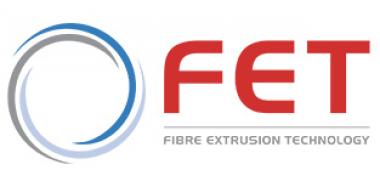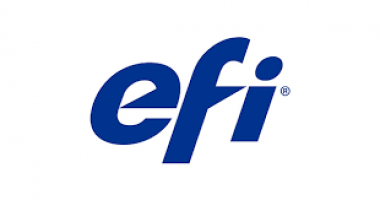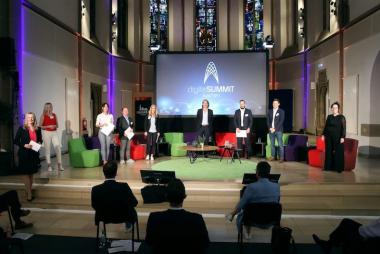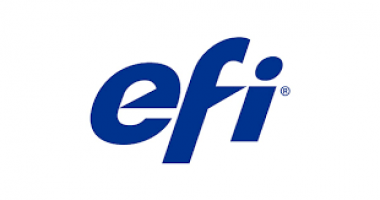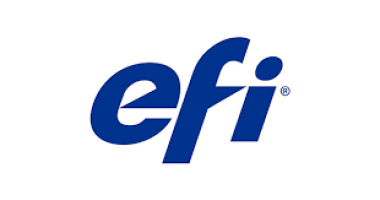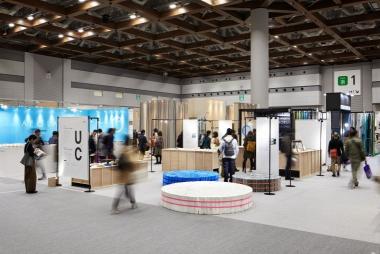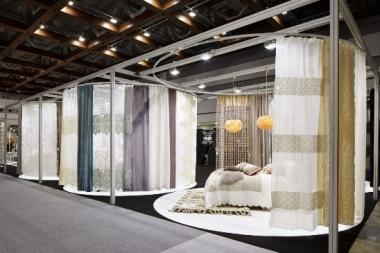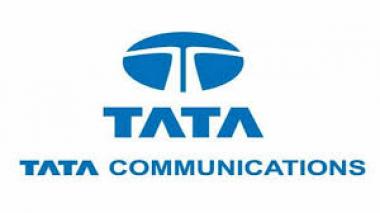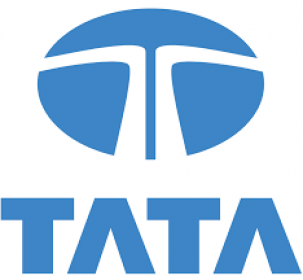New FET meltspinning system upgrade for NIRI
Fibre Extrusion Technology Ltd of Leeds, UK has installed a new meltspinning system to upgrade research facilities at NIRI, the Nonwovens Innovation & Research Institute Ltd UK, a global leader in nonwoven engineering and product development.
Established in 1998, FET is a leading supplier of laboratory and pilot meltspinning systems with installations in over 35 countries and has now successfully processed almost 30 different polymer types in multifilament, monofilament and nonwoven formats.
The installation comprises a FET-102 Series Laboratory Meltblown Spinning System and FET-103 Monofilament Meltspinning System. This advanced equipment enhances NIRI’s extensive pilot facilities and state-of-the-art analytical laboratory for fast tracking innovation. In particular, the FET meltblown system will be utilised for R&D, pilot projects, sampling and prototyping, proof of concept testing and for designing cost-effective, sustainable and innovative products.
NIRI supports global manufacturing companies to identify new opportunities for meltblown nonwovens, develop their next generation of products and accelerate their commercialisation activities. NIRI’s new upgraded laboratory and pilot system from FET can process a wide range of polymer types, including chemically recycled polymers, bio-polymers and many difficult-to-process materials.
Project Marketing for Fibre Extrusion Technology


